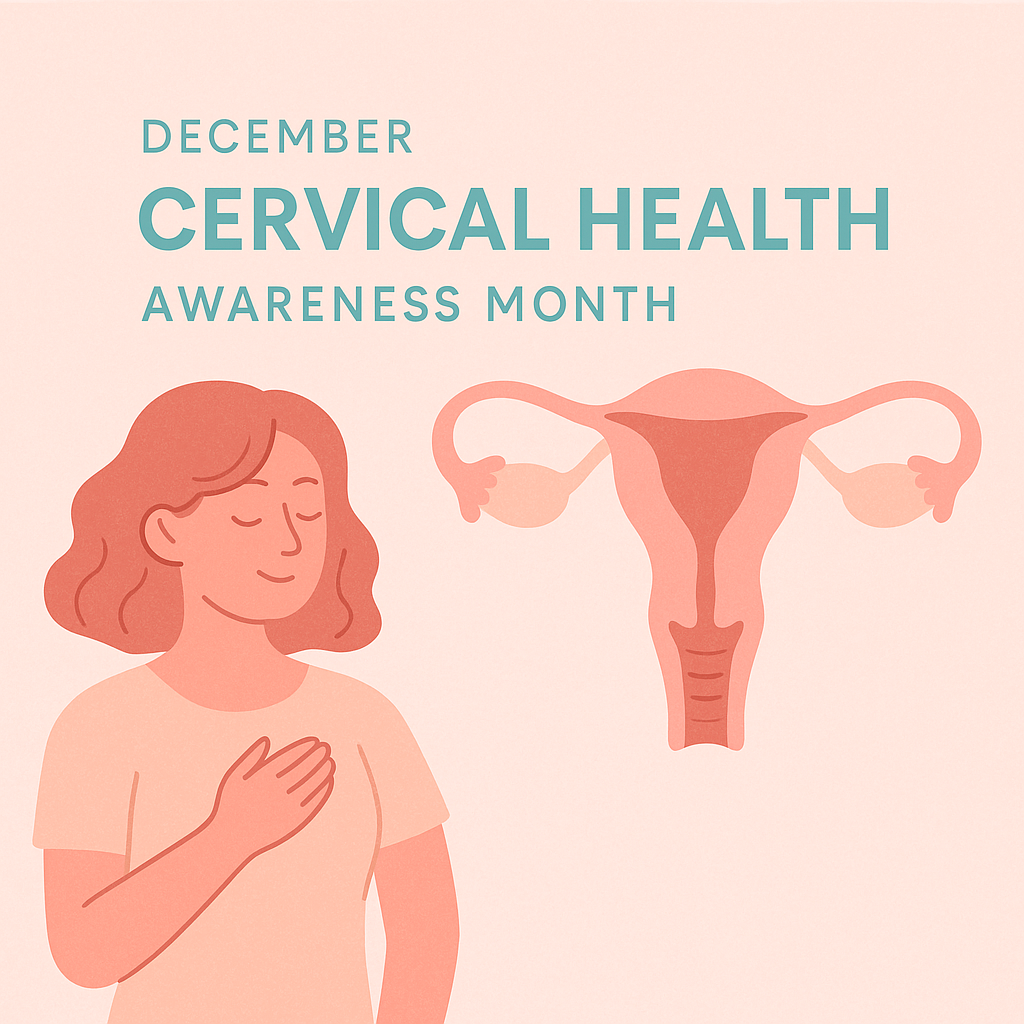Here’s what most men want to know up front: since prostate cancer is common, what percentage of biopsies come back positive?
Prostate cancer is the most frequently diagnosed non-skin cancer in American men. Each year, hundreds of thousands of new cases are identified, and it remains one of the leading causes of cancer-related death in men. About one in eight men will be diagnosed during their lifetime, with risk increasing significantly after age 65. The good news is that early-stage prostate cancer has an excellent survival rate, making awareness and regular screening essential.
Let’s explore the statistics, then look at how the team at SIE Medical helps men lower their risk and supports patients through integrative oncology care.
Why a Biopsy Means Higher Suspicion of Cancer
A prostate biopsy is never performed randomly. If you’ve reached the point where your doctor recommends one, it’s because there are signs worth investigating. This could include an elevated PSA level, an abnormal digital rectal exam, worrisome MRI results, or a strong family history. In short, a biopsy is the next step after other red flags have raised suspicion.
What Percent of Biopsies Are Cancerous?
While results vary, the average range of positive prostate biopsies falls between 25% and 40% with traditional methods. That means about one-quarter to two-fifths of men undergoing biopsy are found to have prostate cancer.
When modern techniques such as MRI-targeted biopsies are used, positivity rates can be even higher. Studies show that when a biopsy specifically targets an MRI-suspicious lesion, cancer is found in about 50% of cases. Importantly, these approaches also increase the likelihood of detecting clinically significant cancers—those that truly need treatment.
Let’s Compare Prostate Cancer With Other Types of Cancer
Biopsy yields differ widely across cancers depending on how the procedure is performed. Breast cancer biopsies, for instance, are usually performed after imaging highlights a specific abnormality, resulting in higher positive rates. Prostate cancer historically relied on PSA testing, which can be elevated for reasons other than cancer, so more men underwent biopsy—some without having cancer.
As the field evolves with better imaging and risk assessment, prostate biopsy detection rates are becoming more comparable to those of other targeted cancers, with fewer unnecessary biopsies and a higher chance of catching meaningful disease.
How to Lower Your Risk of Prostate Cancer
While you can’t change your age or genetics, lifestyle choices play an important role in reducing your risk and improving your overall health. These include:
-
Maintain a Healthy Weight
Carrying excess weight, particularly around the waistline, has been linked with a higher risk of aggressive and advanced prostate cancer. Fat tissue produces hormones and inflammatory chemicals that may fuel tumor growth. By maintaining a healthy body weight through balanced eating and regular activity, you’re lowering your cancer risk and improving heart health, blood sugar control, and hormone balance—all of which matter for men’s wellness.
-
Exercise Regularly
Movement is medicine. Men who engage in consistent physical activity have been shown to have a reduced risk of developing prostate cancer, and for those already diagnosed, exercise improves treatment outcomes and survivorship. The best results come from combining aerobic exercise (like walking, running, or cycling) with strength training. This duo supports hormone health, maintains muscle mass, helps manage stress, and strengthens the immune system. Even 30 minutes of moderate activity most days can make a meaningful difference.
-
Prioritize Plant-Rich Nutrition
A diet rich in plant-based foods provides antioxidants, fiber, and anti-inflammatory compounds that help protect against cancer. Cruciferous vegetables like broccoli, kale, and Brussels sprouts support hormone metabolism, while foods high in lycopene—such as tomatoes—are being studied for their protective effects on prostate cells. Mediterranean diet with legumes, nuts, seeds, and healthy fats from olive oil or fatty fish contribute to long-term wellness and longevity.
-
Don’t Smoke, or Drink Alcohol
Smoking is directly linked to higher mortality rates in men with prostate cancer, while heavy alcohol consumption adds strain to the liver and immune system. Quitting smoking and moderating alcohol intake lowers your cancer risk and makes it easier for your body to respond positively to treatment. Even small steps, like reducing daily alcohol consumption or working with a provider on a smoking cessation plan, can significantly improve long-term health outcomes.
-
Know Your Family History
Family history is one of the strongest predictors of prostate cancer risk. If your father, brother, or another close relative has been diagnosed, your likelihood of developing the disease increases. Men with a family history often benefit from starting PSA screenings earlier than the general population. Having an open conversation with your doctor about your family background ensures that you get a personalized plan for early detection and prevention.
How Integrative Oncology Supports Treatment
If your biopsy comes back positive, conventional treatment may involve surgery, radiation therapy, or hormone therapy. However, integrative oncology focuses on supporting the whole person—not just the disease—by supporting physical, emotional, and metabolic health throughout treatment and recovery.
Some integrative strategies include:
- Exercise programs: Reduce fatigue, preserve strength, and improve recovery.
- Nutritional support: Tailored diets to maintain energy, immune function, and metabolic health during treatment.
- Mind-body therapies: Meditation, deep breathing, massage, and acupuncture can reduce stress, pain, and sleep issues.
- Long-term survivorship care: Monitoring hormones, bone density, and mental health to support recovery and vitality.
Learn More at SIE Medical
For men preparing for or recovering from a prostate biopsy, it’s important to remember that about one-quarter to one-half of biopsies reveal prostate cancer, depending on the diagnostic method and personal risk factors. Fortunately, modern techniques have made biopsies more accurate, less invasive, and better at identifying cancers that matter most.
At SIE Medical, we combine advanced diagnostics with integrative care to give men clarity, confidence, and comprehensive support. Our team is here to guide you every step of the way, whether you’re considering a biopsy, exploring treatment options, or focusing on recovery.
Ready to take control of your health? Learn more about our metabolic approach to cancer. Then contact SIE Medical today to learn more about prostate cancer evaluation and integrative oncology care.




